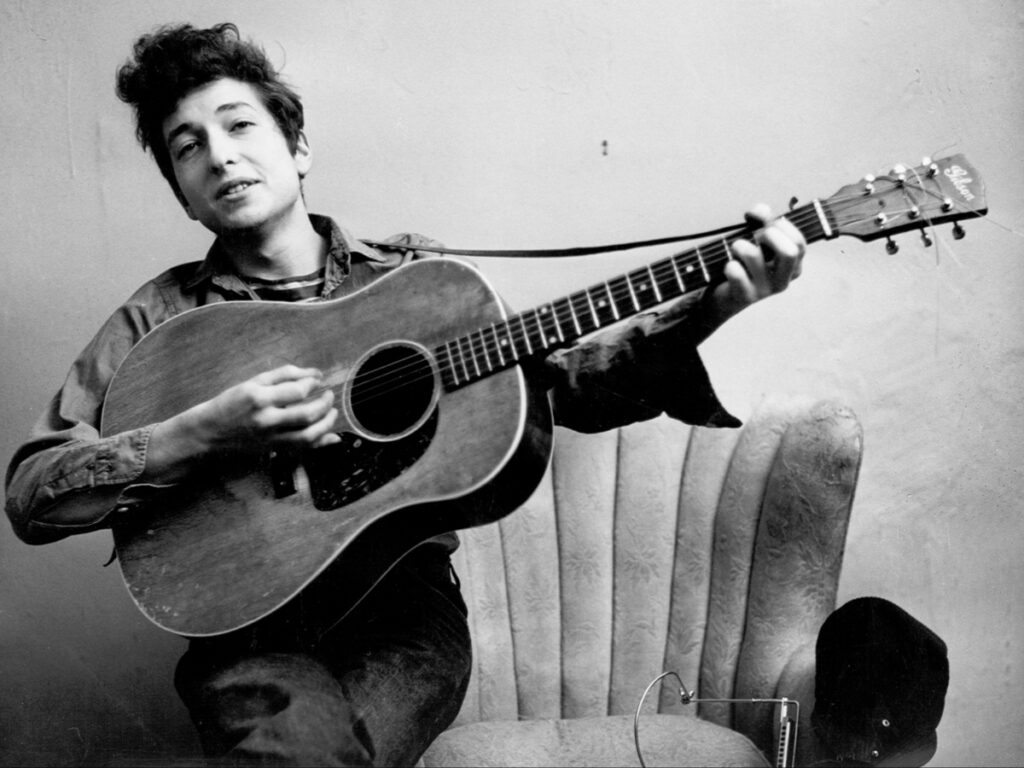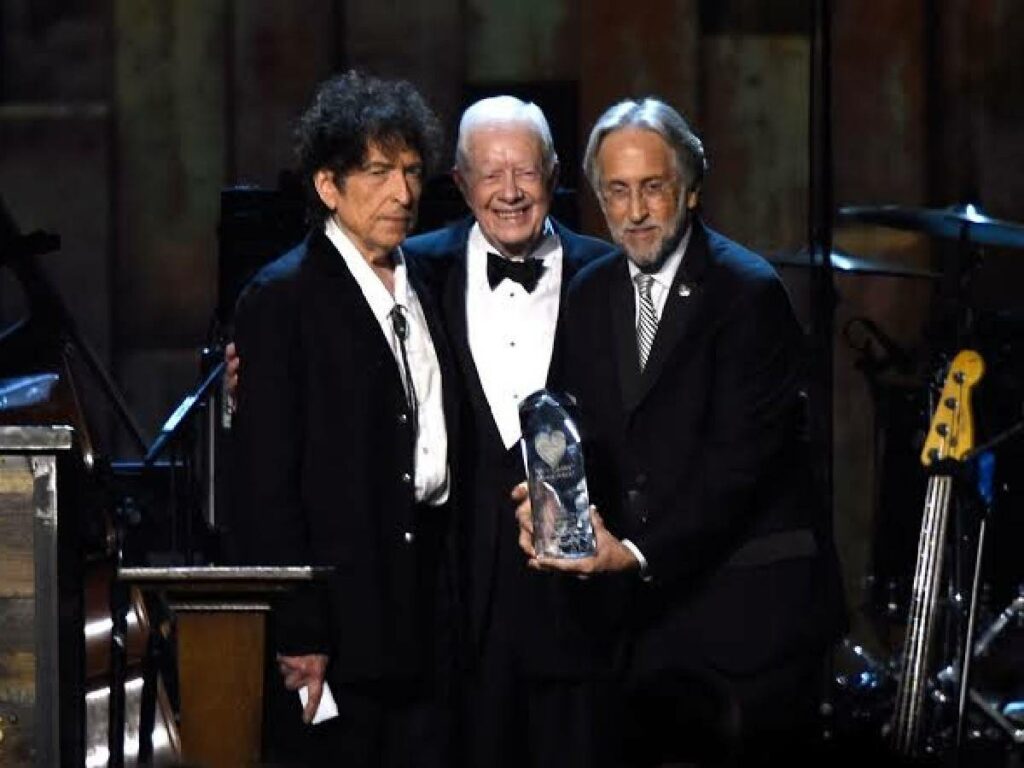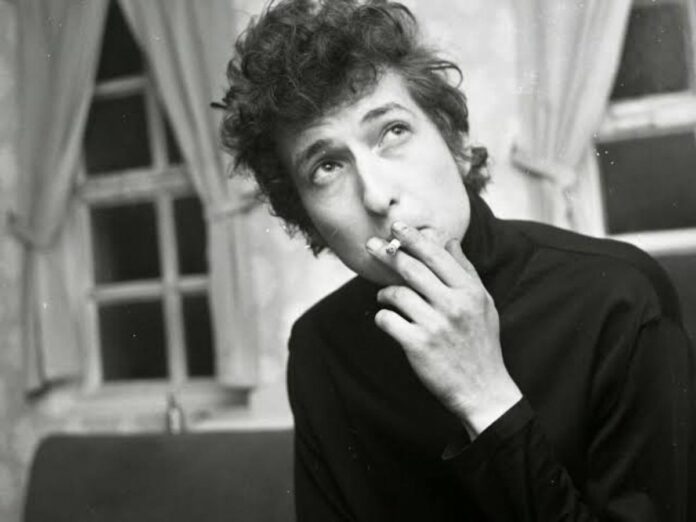In the iconic summer of 1965, a seismic jolt reverberated through the serene chords of folk music, making the Newport Folk Festival the birthplace of a legend. It was the summer of a decade as Bob Dylan went electric on the stage of that very folk festival stage. For a man synonymous with acoustic ballads and folk troubadours, this electrifying metamorphosis was more than a genre switch, it was an earthquake in the music landscape.
Bob Dylan, known for his poignant protest songs, carved a country niche and established himself as a folk icon. However, the magic of his acoustic melodies was shattered on that fateful Newport night when he traded his acoustic guitar for an electric one. The move, witnessed by thousands was bound to erupt into the controversy of the year and it did.
The Controversial Concert Of Newport Folk Festival In 1965

The 26-year-old Dylan, who was a proclaimed spokesman of folk, decided to switch his musical weapon on that Newport stage. The folk icon stepped up that stage not with his usual acoustic guitar but with an electric one along with a band behind him. The crowd who was expecting to hear the familiar strums of ‘Blowin’ in the Wind,’ were instead met with a rock version of ‘Maggie’s Farm.’
Needless to say, the folk fans gathered in anticipation of their music were stunned as an understatement. The boos and grumbling that the artist was met with weren’t just about the sudden switch of pitch, it was a clash between roots and rampage. Loyal folk fans in the audience who were used to the pure acoustic sound of their idol felt betrayed for more than just music. This iconic genre shift put Dylan in the face of accusations of being sold to modernity and betraying the very tunes that made him famous.
In case you missed: “Is It Too Late To Recast?”: Netizens Demand ‘The Holdovers’ Actor Dominic Sessa To Replace Timothée Chalamet In The Bob Dylan Biopic After The…
The Impact

Dylan leaving the folk scene was a hugely important moment that had effects far beyond Newport. It marked the start of rock music fully integrating electric instruments and bands into its sound. While jarring at the time, it allowed folk’s messages to reach more people in new musical forms. Bob pioneered a new genre called folk-rock that combined the thoughtful lyrics of folk with the intense energy of electric rock music. It produced timeless hit songs like ‘Like a Rolling Stone’ that topped the charts, cementing the Nobel Prize winner as the one who led the way.
The transition wasn’t a betrayal to the folk fans of the artist. It was an artistic transformation that allowed the poetic singer to push creative boundaries and push those boundaries he did. Leaving a strong and lasting mark on the music industry. As the heat of the Newport Folk Festival controversy cooled down over time, a silent acknowledgment of Dylan’s courage took over. He had broken the mold completely, and in doing so, reshaped how artistic expression could be seen.
Bob Dylan’s Legacy

It would be an understatement to say that Dylan’s electric performance left a lasting influence. His boldness to challenge norms became an example for musicians since then. The controversy propelled him to dive into unexplored areas of music and method. Bob Dylan’s electric revolution at Newport Folk Festival wasn’t just a debate, it was a melody of change.
The clash of ideologies, the disapproval, and the discussions masked a deeper truth that music, similar to any art form, is an ever-evolving, living thing of progression. Dylan’s decision to go electric wasn’t a mere instrument change, it was an anthem of artistic freedom – a statement that the tune of progress harmonizes with the discord of tradition. Newport 1965 was not a funeral song for folk.
You might also like to read:


Interesting, absorbing, and captivating how the writer plays with words and brings them to life. The sole challenge of a good writer/director is to keep the reader/audience jonesing until the end and this one did just that. Brilliant stuff!